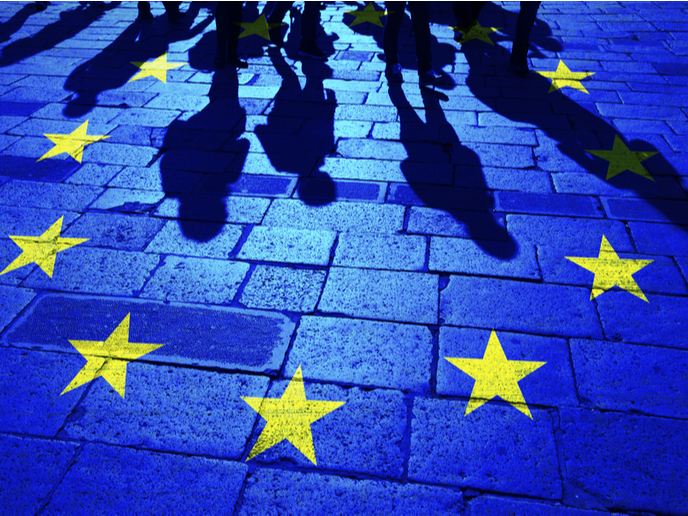Why do people migrate in Europe? New online tool explains
Are you one of those people moving into and around the EU for various reasons? Do you live outside the country you were born in, maybe for work or study, to join your loved ones, to escape from conflicts, disasters or persecution? Are there also other factors that led you to end up in another country? Now you can discover various aspects of your journey through a web-based tool(opens in new window) recently launched by the EU-funded REMINDER project. “In developing the web tool, we have chosen an innovative ‘choose-your-own-adventure’ format. Users are taken on a journey in which they navigate the platform’s content in any order they wish,” as stated on the project website(opens in new window). Providing accessible explanations based on thousands of pages of research, the interactive tool shows how different, seemingly unrelated factors within migration debates may affect each other. For example, someone who chooses to live in another country to study may have moved there for better work opportunities and to be with a loved one at the same time. Other motivating factors to move may involve the desire to live an interesting or more comfortable life, better weather, or simply curiosity, according to the researchers. Their findings also cover how the issue of migration is dealt with in media and public debates. The research can be accessed through the digital tool(opens in new window) website. A news release(opens in new window) on the COMPAS (Centre on Migration, Policy, and Society) website of the University of Oxford states: “It shows that immigration from one EU country to another generates more tax revenue than it costs for governments in most instances, but that aggressive anti-migration narratives in a nation’s media or welfare states that are perceived to lack ‘reciprocity’ can create more negative public attitudes to free movement – both factors that may have contributed to the UK’s departure from the EU.”
Comprehensive tool
Quoted in the same news release, Dr Carlos Vargas-Silva from COMPAS says: “To understand migration in Europe, you need to see how different elements of the debate are linked to one another: How the media affects politics, which affects welfare systems, which affects migration flows, which affects economies and so on. The REMINDER project has spent three years putting together a comprehensive analysis of these interactions, and our new web-tool allows non-specialists to examine this network of impacts too, and really start to understand how different policy choices shape the migration landscapes of Europe.” The REMINDER (Role of European Mobility and its Impacts in Narratives, Debates and EU Reforms) project ended in December 2019. It examined the economic, social, institutional and policy factors that have shaped the impacts of free movement. It also looked at the processes through which public narratives and public opinion about these impacts are formed. Its objective was to help “develop policy responses that inspire public trust, ensure the fairness and sustainability of free movement, and maintain inclusive policies that reduce inequalities across the continent,” as stated on CORDIS(opens in new window). For more information, please see: REMINDER project website(opens in new window)
Countries
United Kingdom



